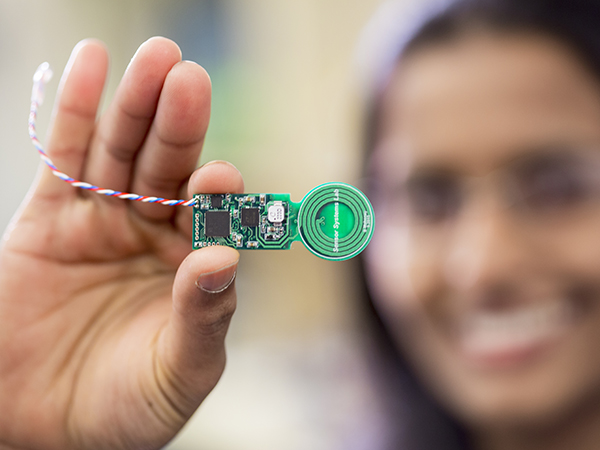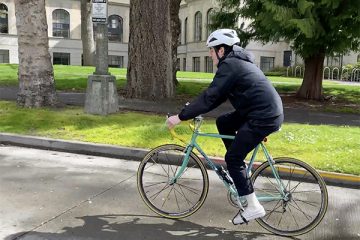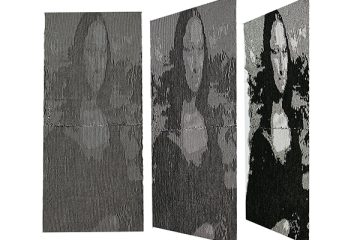Advances in low- and no-power sensing, communication and interaction technologies offer new possibilities for blending digital innovation with our physical environment.
From gesture recognition that allows people to interact with objects in new ways, to low-power sensors that collect and transmit data about temperature, air quality, urban accessibility and more, our researchers are tapping into the potential of computation to transform how we experience the world around us.
Research Groups & Labs

UW Reality Lab
The UW Reality Lab advances the state of the art in virtual and augmented reality by developing new technologies and applications, educating the next generation of researchers and technologists, and supporting robust collaborations with industry.

Sensor Systems Laboratory
The Sensor Systems Laboratory invents new sensor systems, devises new ways to power and communicate with them, and develops algorithms for using them, with applications in the domains of bioelectronics, robotics, and ubiquitous computing.
Faculty Members
Faculty
Faculty
Faculty
Faculty
Centers & Initiatives
Society + Technology is a cross-campus, cross-disciplinary initiative and community at the University of Washington that is dedicated to research, teaching and learning focused on the social, societal and justice dimensions of technology.
TCAT harnesses the power of open-source technology to develop, translate, and deploy accessible technologies, and then sustain them in the hands of communities. Housed by the Paul G. Allen School for Computer Science & Engineering, TCAT centers the experience of people with disabilities as a lens for improving design & engineering, through participatory design practices, tooling and capacity building.
Highlights
UW News
Allen School News
Allen School News









